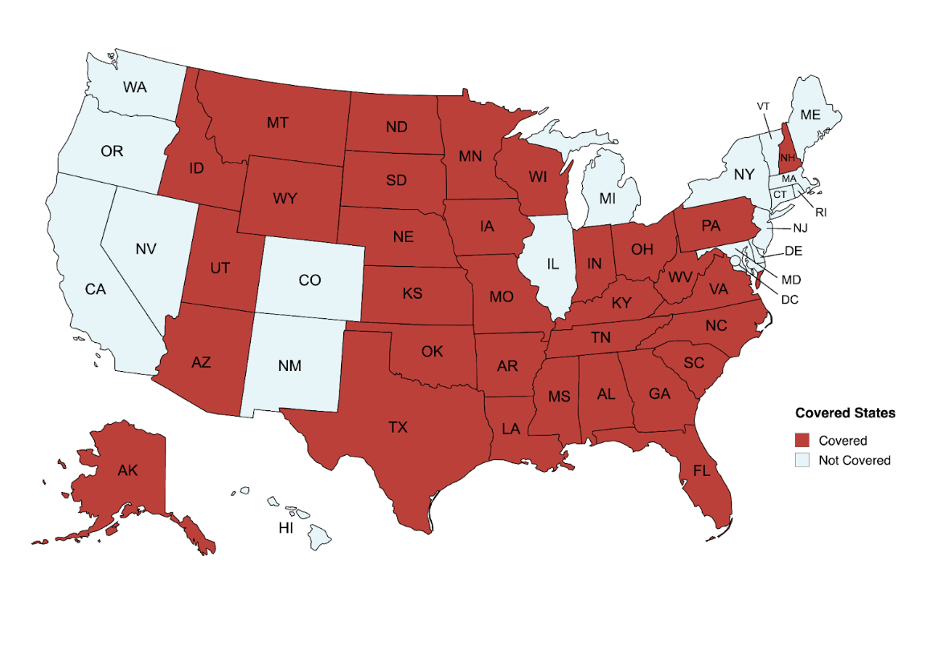
Click here to download a pdf of the paper.
Background
The United States faces significant challenges in its ability to build and maintain critical infrastructure, develop new technologies, and compete globally in strategic industries. A major factor contributing to these challenges is the intricate system of environmental regulations and permitting processes that have evolved over the past five decades.
Since the early 1970s, landmark federal environmental laws such as the National Environmental Policy Act (NEPA), the Clean Air Act, the Clean Water Act, and the Endangered Species Act (ESA) have played an important role in protecting America's natural resources and public health. However, over time, these laws and their associated regulations have grown increasingly sclerotic, leading to lengthy delays, excessive costs, and unintended consequences that hinder economic development and, ironically, often harm the environment.
While much attention is given to federal regulations, states have significant autonomy and flexibility in implementing and enforcing environmental laws. Many states have their own versions of these federal laws, such as State Environmental Policy Acts (SEPAs), as well as state-specific implementations of federal clean air and water regulations. More than 75 percent of the permits authorized by federal law are actually issued by the states. This presents both challenges and opportunities for state policymakers.
States have the power to streamline permitting processes, reduce unnecessary bureaucratic hurdles, and create more efficient regulatory frameworks without compromising environmental protections. By doing so, they can foster economic growth, attract investment, and maintain their competitive edge in crucial industries such as manufacturing, energy production, and technology development.
This playbook aims to provide state legislators with a comprehensive understanding of the key environmental permitting issues affecting economic development and to highlight potential areas for reform.
The playbook is structured in two parts. The first section introduces four key environmental laws—SEPAs, the Clean Air Act, the Clean Water Act, and State Endangered Species Acts (SESAs)—describing how each law is implemented at the state level, outlining key issues, and suggesting broadly applicable reforms. The second section addresses each state individually, considering each state’s unique challenges and opportunities.
Thirty-two states are covered in total, as illustrated below. These states were selected for their records of support for regulatory reform, which make them a logical starting point for this research.

Though the remaining 18 states (and the District of Columbia) are not covered in the state-by-state analysis, many of the specific state recommendations included here are applicable nationwide.
